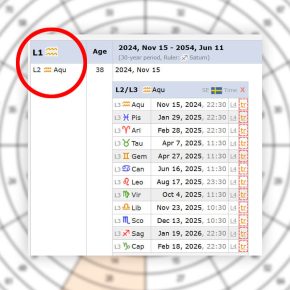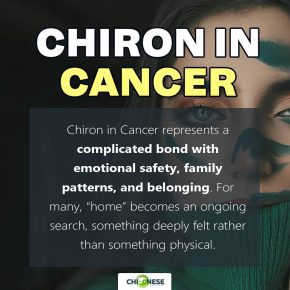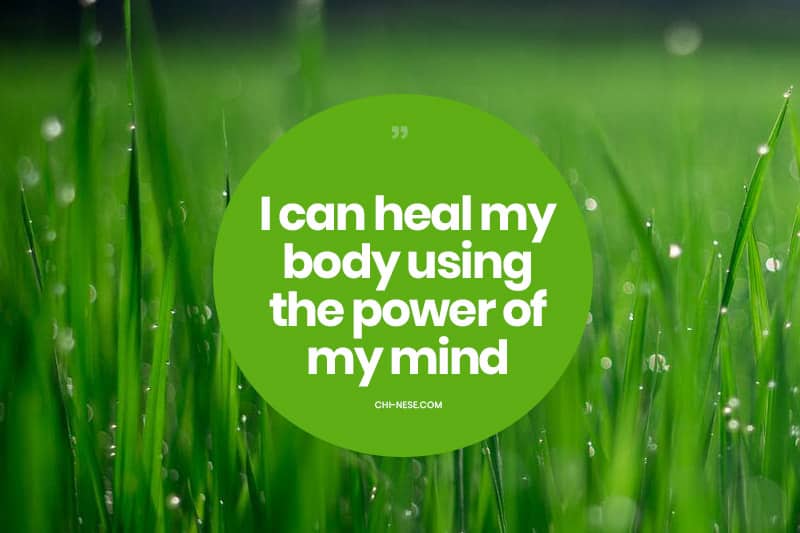Most people think if something comes from a doctor, it must be safe. And in a lot of cases, that’s true. Medications like painkillers, anxiety pills, and sleep aids are meant to help. They’re made to manage things that feel overwhelming—like surgery pain, panic attacks, or long nights of no sleep.
But even when something starts off helpful, it can still go too far. Sometimes the problem isn’t just the pill. It’s what happens when it becomes hard to get through the day without it.
How Something Helpful Can Slowly Take Over
Prescription drugs can be tricky. They work well at first, which is why doctors use them. But if someone keeps taking them too long—or in higher doses than they should—the body can get used to them. That means the same dose doesn’t work anymore, and more is needed just to feel okay.
That’s how a lot of people end up addicted without even realizing it’s happening. They didn’t start out trying to get high. They just didn’t want to feel pain or anxiety anymore. Over time, the pills stop helping and start being the thing that causes more problems.
Sometimes it happens with pain meds like oxycodone. Other times it’s benzodiazepines—pills for anxiety or sleep. It can even be ADHD medications or muscle relaxers. The point is, these are all legal and often prescribed. That’s why it can be hard to see the warning signs.
Programs that focus on this exact issue exist for a reason. Legacy Healing Center (2025) highlights that recovery from prescription drug addiction needs a careful, steady plan. Cutting off meds suddenly can be dangerous, so the process has to be done the right way, with people who understand how these drugs work.
What It Feels Like When Pills Stop Helping
When someone’s body gets used to a certain medication, not having it can feel really uncomfortable. It’s not just mental—it’s physical. There might be shaking, sweating, nausea, or headaches. Some people can’t sleep. Others get really anxious or angry.
Those symptoms are called withdrawal, and they’re one of the main reasons people keep using pills even after they want to stop. No one wants to feel sick or out of control. That’s why support is so important. Withdrawal can be handled, but it’s easier and safer with help.
Emotionally, things can feel messy too. Pills often numb feelings—both good and bad. So once the pills are gone, everything comes back. Sadness, stress, boredom, even excitement—it all feels stronger. It takes time to get used to that again.
How Recovery Actually Works
Recovery doesn’t mean just throwing out the pills. It means understanding why they were used in the first place. Was it because of physical pain? Anxiety? Something deeper? Real treatment looks at all of that.
In a good program, the first step is usually detox. That’s where the body clears out the drug in a safe, controlled way. But detox isn’t enough by itself. What comes next matters even more.
There’s therapy to deal with the mental and emotional side. There are group sessions, where people talk to others who’ve been through the same thing. And there’s often help with building new habits—like eating better, sleeping on a schedule, and finding better ways to cope with stress.
None of it is instant. But it works, especially when someone sticks with it and shows up even on the hard days.
Why It’s So Easy to Hide This Kind of Addiction
A big reason people don’t get help sooner is that prescription drug use doesn’t always look like a problem. The person might still go to work or school. They might seem fine on the outside. But inside, they’re constantly thinking about their next dose.
They might take extra pills without telling anyone. Or lie about how much they’re using. Some people start “doctor shopping,” which means going to different doctors to get more prescriptions. Others might borrow or even buy pills just to avoid running out.
It’s not always obvious. That’s what makes it harder to talk about. But pretending everything’s okay doesn’t fix it. Being honest—first with yourself, then with someone you trust—is what starts the healing part.
How It Affects People Around You Without You Noticing
Most of the time, people dealing with prescription pill problems don’t mean to hurt anyone. But even if they think they’ve got it under control, the people around them usually feel it. Friends might notice changes in personality. Family might feel ignored or pushed away. Trust can start to break without anyone saying a word.
It’s not always big fights or obvious problems. Sometimes it’s smaller things—missing plans, forgetting things, or just not being there mentally. Over time, that adds up. People start to worry. Some get frustrated. Others pull away completely.
The good news? Just like the body and brain can heal, so can relationships. But that starts with being honest and asking for help. Once people see you’re serious about getting better, they usually want to support you—even if it takes time to rebuild trust.
What Life Looks Like on the Other Side
People don’t always believe things can get better. But they can. Once the pills are out of the system and the brain starts working without them again, things slowly begin to feel more normal.
It doesn’t mean every day is perfect. There are still tough moments. But the good stuff feels real again. Laughter isn’t forced. Sleep comes naturally. People feel proud of themselves instead of ashamed.
Most importantly, there’s freedom. Not needing a pill to feel okay is a huge deal. That’s the part that makes recovery worth it.
Why It’s Never Too Late to Start Over
It doesn’t matter how long someone has been using pills or how bad things feel. Help is still possible. People have come back from worse. What matters is taking the first real step—asking for support.
Some people talk to a parent. Others call a treatment center. Sometimes it’s just admitting to a friend that things feel out of control. That’s enough to start. No one has to stay stuck.
There are safe places where people get what they need without judgment. The road is hard sometimes, but it leads to something way better than what addiction ever offered.











